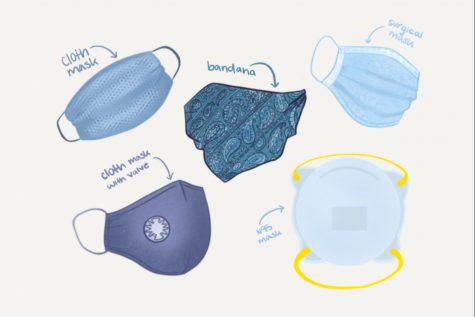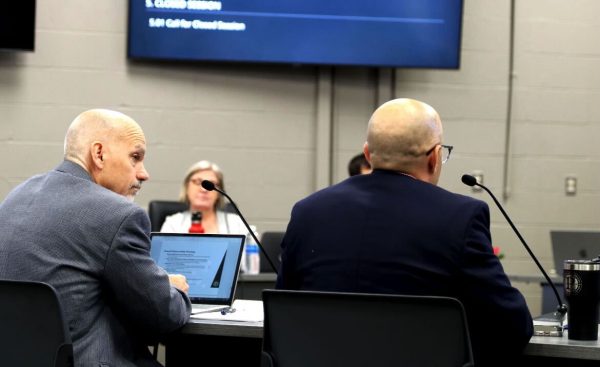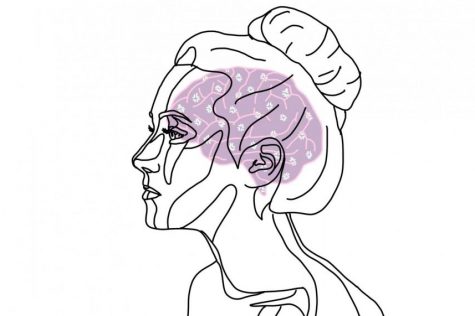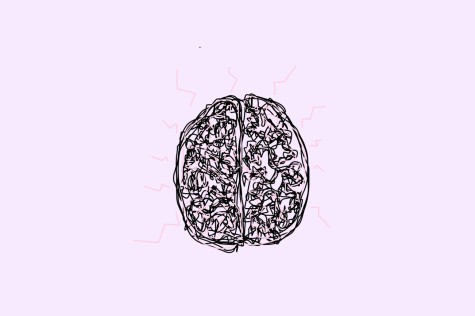National Eating Disorder Awareness Week (NEDA)
The words “eating disorder” cover a wide range of mental health issues, from anorexia and bulimia to binge eating disorders. And while these topics can be full of mystery if you are not fully informed, there is plenty of information to help you learn more about them. Here are some quick facts to get you started. All information is according to the National Eating Disorder Association and Johns Hopkins Medicine.
- Anorexia nervosa and bulimia are illnesses that center on food and its consumption and are usually characterized by:
- Excessive preoccupation with food
- Dissatisfaction with body shape, weight or image
- A compulsion to engage in extreme eating habits and unhealthy methods of weight control for extended periods of time such as:
- Fasting or binge-eating
- Excessive exercise
- Self-induced vomiting
- Chewing and spitting or regurgitating food
- Laxative, diuretic or diet pill abuse
- Anorexia affects affect 0.5 percent of women in their lifetime.
- Bulimia affects 2 to 3 percent of women over their lifetime.
- 10 percent of eating disorder cases detected are in males.
- Eating disorders can have various causes ranging from traumatic events to another illness, physical or mental and social influence.
- Health consequences can include heart attack, kidney failure, osteoporosis and electrolyte imbalance. People with eating disorders also have emotional distress and a severely impacted quality of life.
- Treatments can be inpatient or outpatient and includes behavior monitoring, group or individual therapy, nutritional rehabilitation, cognitive behavioral therapy and psychotherapy, among others.
- It is estimated that 20 million women and 10 million men in America will have an eating disorder at some point in their lives.
- Overall people with anorexia nervosa had a six time increase in mortality rates compared to the general population.
National Eating Disorder Association Helpline: (800) 931-2237
If you or someone you know is dealing with an eating disorder, you can talk to any KHS guidance counselor or visit this website for suggestions and steps to get help. You can also use this online screening tool.
Your donation will support the student journalists of Kirkwood High School. Your contribution will allow us to purchase equipment and cover our annual website hosting costs.

Interests: Writing, reading, grammar, slam poetry, Harry Potter, musicals, theater, learning about mental health, and learning new words
Favorite...


















